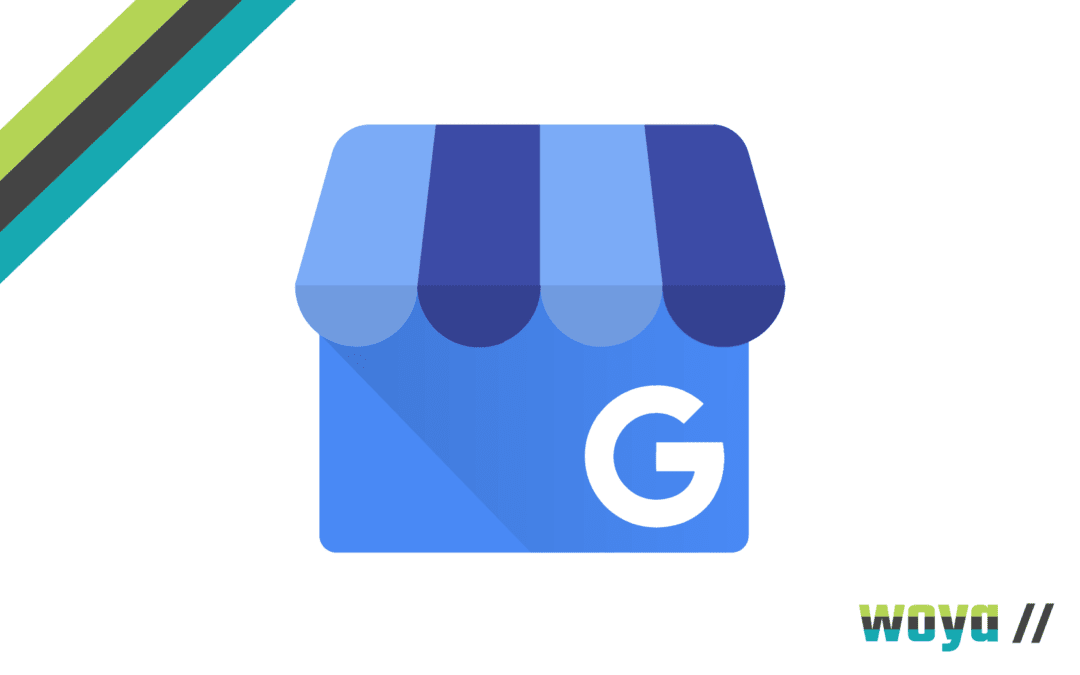
Content Creation Tips for Every Step of Your Funnel
Reading Time: 6 minutesWhen it comes to the art of digital marketing, we often work clients who haven’t heard of the terms we use and don’t necessarily know how to leverage each step of the customer experience to drive sales.
We have created this article not only to explain why every step of your “funnel” needs to pack a content punch, but what it all means – and why it’s enormously valuable for you to understand as a business owner.
You hear a lot about content creation, particularly in this visually focused age where innovative graphics are the norm, however content isn’t just for marketing and sales. It’s also about building relationships and trust with your customers, establishing yourself as an expert in your field, as well as encouraging engagement and growing brand advocates.
Why a Content Strategy is a Secret Business Weapon
To kick things off, we’d like to introduce the concept of a content strategy. It sounds pretty serious, but doesn’t have to be mind-blowingly complicated, and you can start with a short-term calendar of content and build on it as you go – or dive right in with a strategy that covers the next 12 months!
Strategising is the key to all great marketing.
Think about:
- What do you want customers to think of when they think of you?
- What values does your brand stand for?
- Who is your key customer, and what sort of content resonates with them?
- Where do they look for information? What mediums will help you meet your customer on his or her own terms?
In essence, a content strategy means that you have worked out your key business priorities, and put energy into fleshing out those objectives to identify how you’re going to go about content creation that will help you reach your audience, step-by-step. But, circling back, you can’t create a content strategy until you have established your funnel!
The word “sales funnel” always sound a little cold. Still, the reality is that every brand, every business, every company that engages in any sales and marketing does have a funnel; even if they don’t realise it!
The funnel is the journey your customer goes through, from first hearing your name, to becoming a loyal follower. This theoretical funnel is made up of specific steps that your customer will move through, but the key is to focus on each step individually and for the purpose of content creation, create content to nurture and move your customer on to the next step in the process.
How are Funnels Essential to Driving Business Growth?
As an example, we’re going to work through a sales funnel, to illustrate what that customer experience might look like.
- To start with, we’re not going to try and force a customer into buying a product (nor would that work!). Instead, we’re going to introduce ourselves, establish a presence, and get our name out there to build awareness.
- Next up, we want that customer to consider us as their next port of call when they need something. Alternatively, we tell them what problems we solve, and establish ourselves as the experts who can help.
- Yep, that’s right; all businesses are real people, with real personalities, and real thoughts. Engagement isn’t just telling people who you are, but listening to them! Ask your audience what they like, what they don’t, what they think, how they feel – get a conversation started that values any contribution they would like to make.
- So, you’ve connected with a customer, and they’ve bought a product. Great news! The next step is just as important as everything that’s come before – retention. You don’t work this hard to sell one product, or one service, to one person. You want them to rely on you to deliver the good stuff and keep coming back for more.
- Once you’ve reached this stage, it’s essential to retain that customer and to connect with them at the right level to cement your relationship. This stage is about your customer becoming your advocate, and being happy to share their positive experiences with other potential new customers; who start right at the beginning of your funnel.
So, this is a very brief rundown of the critical steps in the funnel, and why you need to build up through the stages to secure sales.
Why Skipping Content Creation at any Funnel Stage is Disastrous
You probably see where we’re going here; EVERY step of the funnel is fundamental.
Content creation doesn’t solely mean videos, website content, newsletters, follow-ups, messages, social media images, blogs, emails, marketing ads. It is all of these things, working cohesively to engage with your ideal customer base, and showcase what you have to offer.
Once you have established your funnel, what you’re doing is breaking down the steps that every customer will take before they decide to spend their hard-earned cash with your business, and then afterwards too. Your content creation strategy should be built around your funnel, and the funnel provides you with a good framework from which to work and help you to make sure that you deliver valuable, interesting, engaging content at every touchpoint.
How to Create Great Content at Every Stage of Your Funnel
It’s easy to use phrases like ‘content strategy’ and ‘sales funnel’ – but for a lot of businesses, particularly SMEs who perhaps don’t have a marketing guru on their team, it’s not always quite so obvious or straightforward.
This information is to help you create a standout content strategy and guide you in your content creation, so let’s work through each step of the funnel, and think about what content we might create that would help us work towards those overarching objectives.
-
The top of the funnel – ATTRACT – Build Awareness
Building awareness means you want to increase the visibility of your brand. This is not a step for pushing sales, but rather for introducing your business, sharing advice or solutions, and generating leads.
- Publish blogs to educate, guide and provide solutions to problems
- Share social media posts with tips or info
- Share ‘how to’ videos
- Share checklists
- Create downloadable guides with lead generation forms
- Share a signup for your newsletter with lead generation forms
Step Two – CONVERT
In this step you want your customer to consider using your brand. It establishes you as the business that can solve a problem (even if it’s a problem they didn’t realise existed!).
- Make good use of CTAs (Calls to Action) – make it easy for your customer to ask you a question, learn more, download a guide, and send you a message. One-click is ideal!
- Focus on your website, populating it with relevant, informative content.
- Think about SEO, and optimise every element of your digital presence to make it easier to find, and higher ranked
- Invite customers in the door to get to know you, with blog posts that explain what you can offer
- Keep creating engaging social media posts
Step Three – ENGAGE
Now we’re in the conversion stage of the funnel – you’ve worked consistently to reach this point, so let’s keep going!
Here we need to solidify everything your customer knows about you, and leave no doubt that you’re the business they need.
- Concentrate on your website UX (user experience) – how many buttons do they need to press to add something to their cart?
- How quickly can they find the information they need?
- Do you have a published FAQs page with all the critical answers about delivery lead times, packaging, payment terms and anything else relevant to your business?
- Do you make it easy for a customer to sign up, register, or buy? Use CTA buttons, instant links, and make sure the content and pop-ups at every stage of that process are perfectly aligned with the brand image you have created.
- Do you have a mobile optimised version of your website? Can customers buy something from you with one-click through social media?
- Can customers purchase directly through social media – are you set up for social commerce?
Step Four – SELL
Here we’re building on that established relationship and creating brand loyalty
- Make sure your customer is happy with their purchase. Send an email, pop them a message, or give them a call (depending on your business and what makes sense!).
- Request feedback or a review – everyone likes to be asked for an opinion!
- Use email marketing to stay in touch, and allow your customer to connect with you again.
- Keep on delivering useful content; think about blog posts, new product or service launches, sharing interesting social media content, and keeping that interest alive.
- Always pay attention to reviews and feedback you receive. Be honest, keep it public, and never be tempted to brush off a bad review because how you react will define whether you reach the next stage of the funnel.
Step Five – CONNECT – Customers That Advocate for You
Once you’ve turned a potential lead into a customer, you then want them to become an advocate, and cement their brand loyalty.
You want your customers to love what you do, and to be proud to buy from your business. Delighting customers is an excellent way to expand your reach and connect with more like-minded people.
- Think about customer loyalty; do you add value to their experience, by sharing content, links or opportunities that you think they’ll be interested in?
- Can you build a community that will make this customer feel that they’re a valued part of something?
- Use emails and social media to keep them informed, continue to engage, and perhaps create special offers or exclusive services that only your established loyal customers receive.
- Reward customers who share your products by using giveaways or competitions, ask them to share their experiences and be sure to give them something back in return.
What’s interesting is that, at every step of the funnel, the goal isn’t brand marketing. It isn’t pushing products, selling at knockdown prices, or piling a budget into digital ads (although all of these things have their place on the broader marketing framework!) This is about content creation and engagement that sings for your brand, makes customers want to buy from you, and establishes your position in the market as a reliable, personable, expert brand.





